
Mbabane: The Heartbeat of Eswatini
Nestled in the lush highlands of Eswatini, Mbabane is a city that charms visitors with its serene beauty and vibrant culture. As the capital city, it offers a unique blend of modernity and tradition, making it an exciting destination for travelers seeking both adventure and relaxation. Stroll through the bustling markets and you'll find a variety of local crafts, fresh produce, and friendly faces. The Mbabane Market is a must-visit for anyone looking to take home a piece of Eswatini. Here, you can find traditional Swazi crafts, handmade jewelry, and colorful textiles. For those who love nature, Mbabane's surrounding landscapes are nothing short of breathtaking. The city is a gateway to the Malolotja Nature Reserve, where you can hike through rugged terrain, spot rare wildlife, and enjoy panoramic views of the mountains. Don't miss the chance to visit the nearby Mantenga Nature Reserve, home to the stunning Mantenga Falls and a cultural village that offers a glimpse into Swazi traditions. History enthusiasts will enjoy exploring the National Museum and the King's Palace. These sites provide a deeper understanding of Eswatini's rich heritage and royal history. Whether you're exploring the city's modern amenities or its ancient traditions, Mbabane promises an enriching experience for every traveler.
Local tips in Mbabane
- Visit the Mbabane Market early in the morning to get the best selection of fresh produce and crafts.
- Wear comfortable walking shoes if you plan to explore the nature reserves.
- Take a guided tour to fully appreciate the cultural and historical sites.
- The currency used is the Swazi lilangeni, but South African rand is also widely accepted.
- Try local dishes like 'emasi' (fermented milk) and 'sidvudvu' (pumpkin porridge) for an authentic taste of Eswatini cuisine.
Mbabane: The Heartbeat of Eswatini
Nestled in the lush highlands of Eswatini, Mbabane is a city that charms visitors with its serene beauty and vibrant culture. As the capital city, it offers a unique blend of modernity and tradition, making it an exciting destination for travelers seeking both adventure and relaxation. Stroll through the bustling markets and you'll find a variety of local crafts, fresh produce, and friendly faces. The Mbabane Market is a must-visit for anyone looking to take home a piece of Eswatini. Here, you can find traditional Swazi crafts, handmade jewelry, and colorful textiles. For those who love nature, Mbabane's surrounding landscapes are nothing short of breathtaking. The city is a gateway to the Malolotja Nature Reserve, where you can hike through rugged terrain, spot rare wildlife, and enjoy panoramic views of the mountains. Don't miss the chance to visit the nearby Mantenga Nature Reserve, home to the stunning Mantenga Falls and a cultural village that offers a glimpse into Swazi traditions. History enthusiasts will enjoy exploring the National Museum and the King's Palace. These sites provide a deeper understanding of Eswatini's rich heritage and royal history. Whether you're exploring the city's modern amenities or its ancient traditions, Mbabane promises an enriching experience for every traveler.
When is the best time to go to Mbabane?
Iconic landmarks you can’t miss
Mlilwane Game Sanctuary
Explore the breathtaking beauty and rich wildlife of Mlilwane Game Sanctuary, a premier nature preserve in Eswatini, perfect for adventurers and nature lovers.
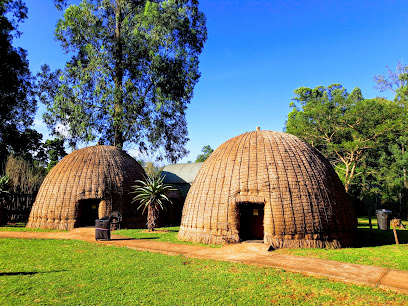
Mantenga Lodge
Experience the tranquility of Mantenga Lodge in Eswatini, where nature meets comfort in the heart of Ezulwini Valley.
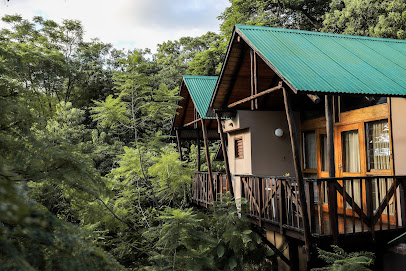
Summerfield Botanical Garden & Exclusive Resort
Experience the serene beauty of Summerfield Botanical Garden & Exclusive Resort, a luxurious haven in the heart of Eswatini's lush landscapes.

Happy Valley Hotel & Casino
Discover luxury and excitement at Happy Valley Hotel & Casino in Eswatini, where comfort meets vibrant entertainment for an unforgettable stay.

Mountain View International Hotel by BON Hotels
Discover the beauty of Eswatini from the comfort of Mountain View International Hotel, your serene retreat in Mbabane with breathtaking views.
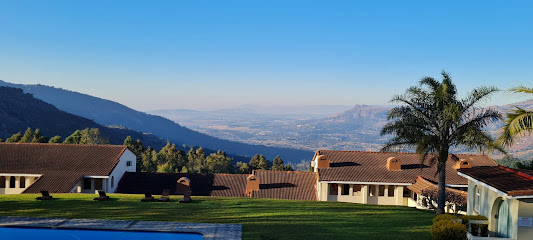
Mantenga Cultural Village
Discover the heart of Swazi culture at Mantenga Cultural Village, where tradition meets stunning natural beauty in Eswatini.
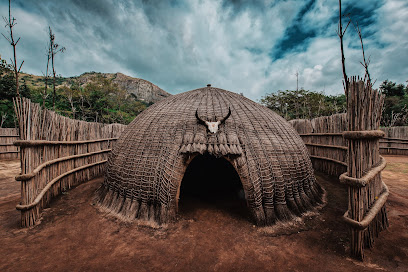
Foresters Arms
Explore the beauty of Eswatini while enjoying comfort and hospitality at Foresters Arms, your ideal retreat in nature.

Solanis
Experience the vibrant flavors of Eswatini at Solanis, the premier grill restaurant in Mbabane, where local cuisine meets a lively atmosphere.
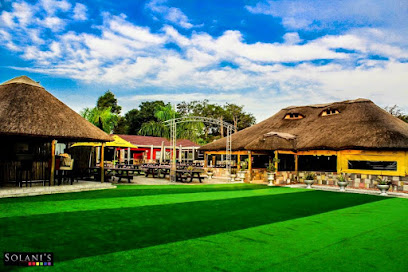
Ramblas Restaurant Mbabane
Experience the rich culinary heritage of Eswatini at Ramblas Restaurant Mbabane, where local flavors meet international cuisine.
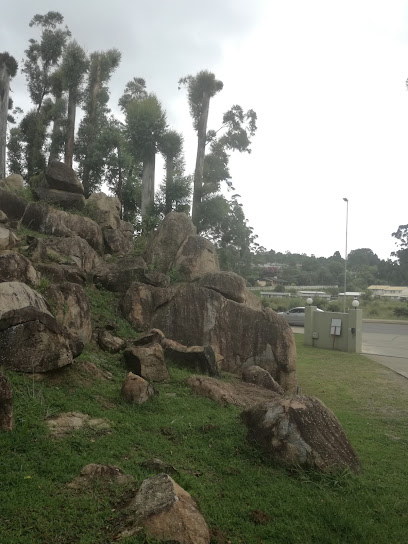
Ngwenya Glass - Eswatini
Explore the artistry of glassblowing and discover unique handcrafted glass treasures at Ngwenya Glass in Eswatini.
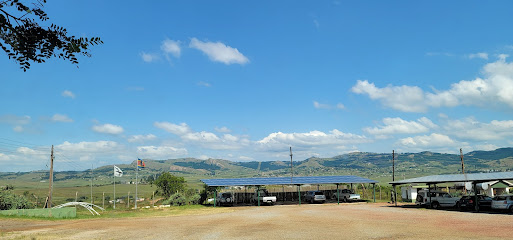
TransMagnific
Discover the beauty of Eswatini with TransMagnific, your trusted travel agency for seamless transportation and unforgettable tours.
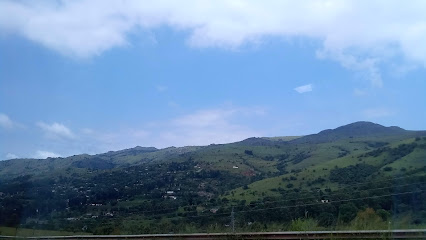
Hlane Royal National Park
Discover the breathtaking wildlife and natural beauty of Hlane Royal National Park in Eswatini, a sanctuary for animals and a cultural gem.
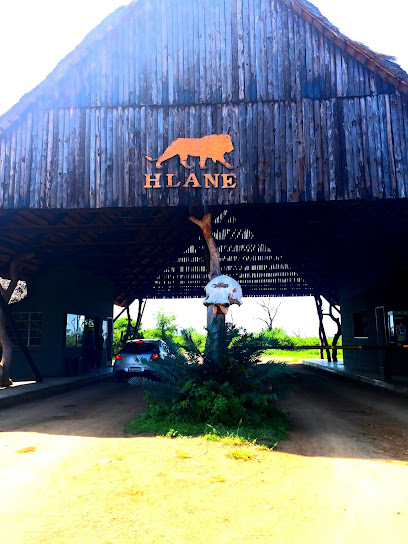
Mlawula Nature Reserve
Explore the stunning landscapes, diverse wildlife, and rich ecosystems of Mlawula Nature Reserve in Eswatini, a hidden gem for nature lovers and adventurers.
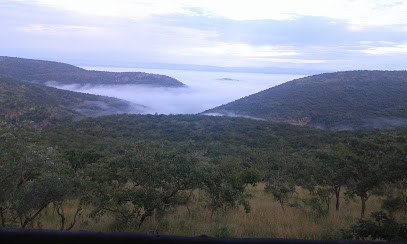
Sibebe Resort
Discover the beauty and tranquility of Sibebe Resort, an idyllic retreat in Mbabane, Eswatini, surrounded by breathtaking landscapes and rich cultural heritage.
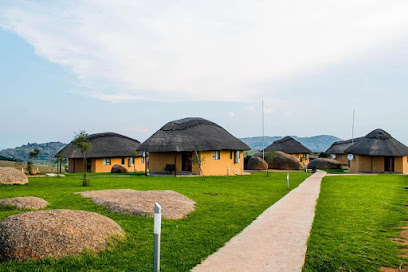
Malolotja National Park
Explore Malolotja National Park - A breathtaking natural haven in Eswatini, perfect for outdoor adventures and wildlife encounters.
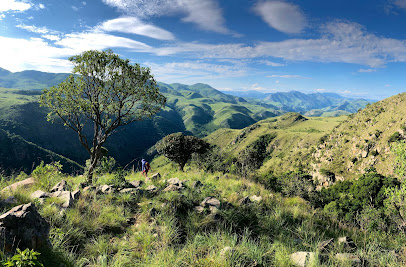
Unmissable attractions to see
Mlilwane Game Sanctuary
Explore the stunning Mlilwane Game Sanctuary, a nature preserve in Eswatini filled with diverse wildlife, breathtaking landscapes, and unforgettable adventures.
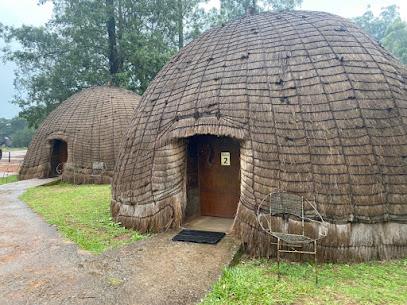
Mantenga Nature Reserve and Cultural Village
Explore the stunning landscapes and vibrant culture at Mantenga Nature Reserve and Cultural Village in Eswatini, a must-visit for every traveler.
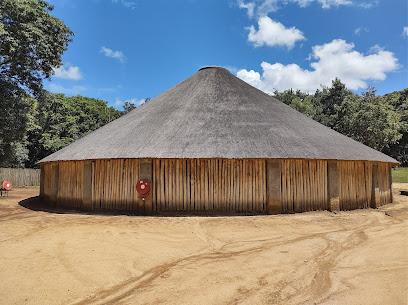
House On Fire / Malandelas Restaurant
Explore the vibrant culture of Eswatini at Malandela's Farm, where performing arts meet delicious local cuisine in a stunning natural setting.
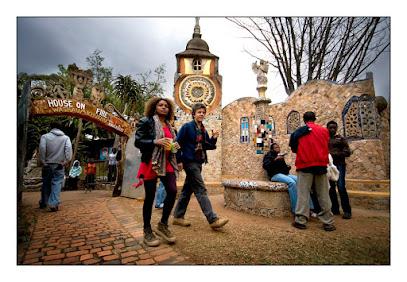
Malolotja National Park
Experience the breathtaking landscapes and rich biodiversity of Malolotja National Park in Eswatini, a must-visit destination for nature lovers.
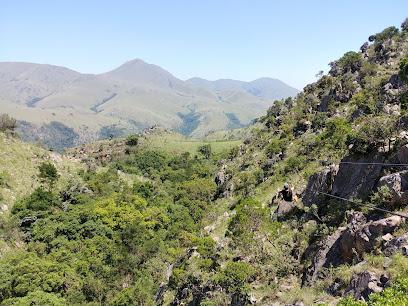
King Sobhuza II Park
Explore the tranquility and heritage at King Sobhuza II Park in Lobamba, Eswatini, a perfect blend of nature and history.
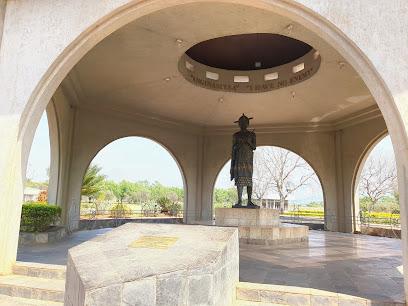
Mbuluzi Game Reserve
Explore the breathtaking Mbuluzi Game Reserve in Eswatini, a haven for wildlife lovers and adventure seekers, where nature comes alive.
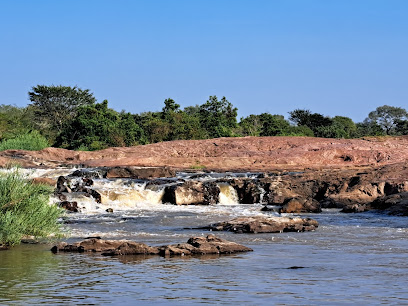
Somhlolo Park (Jubilee Park)
Experience the serene beauty of Somhlolo Park in Manzini, Eswatini, a perfect escape for nature lovers and tranquility seekers.
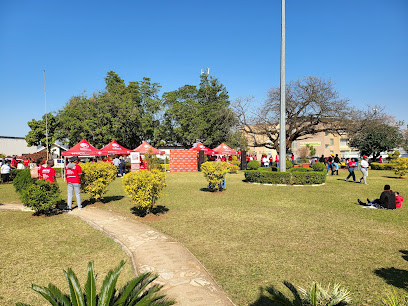
Malolotja Nature Reserve
Uncover the natural beauty of Malolotja Nature Reserve, a stunning destination for hiking, wildlife watching, and relaxation in Eswatini.
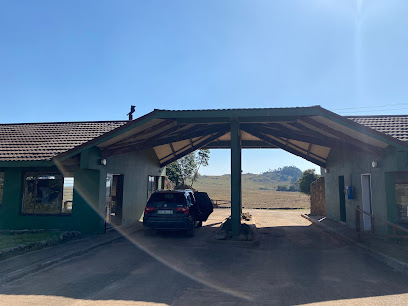
Graystone Eco Park
Experience the tranquility of Graystone Eco Park, a lush nature preserve in Mbabane, Eswatini, ideal for relaxation and exploring local flora and fauna.
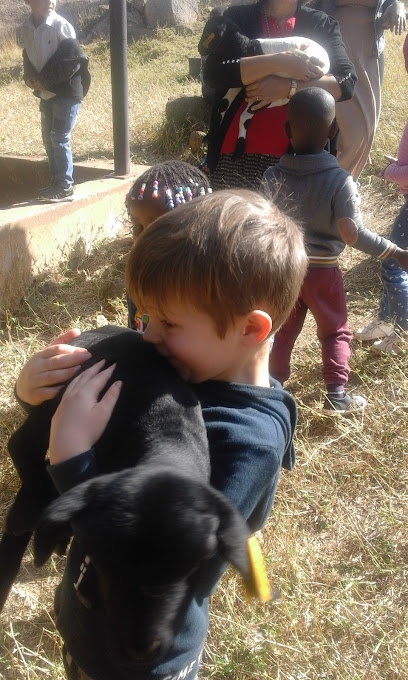
All Saints Cathedral
Discover the tranquil beauty of All Saints Cathedral in Mbabane, a stunning Anglican church and peaceful retreat for tourists and locals alike.
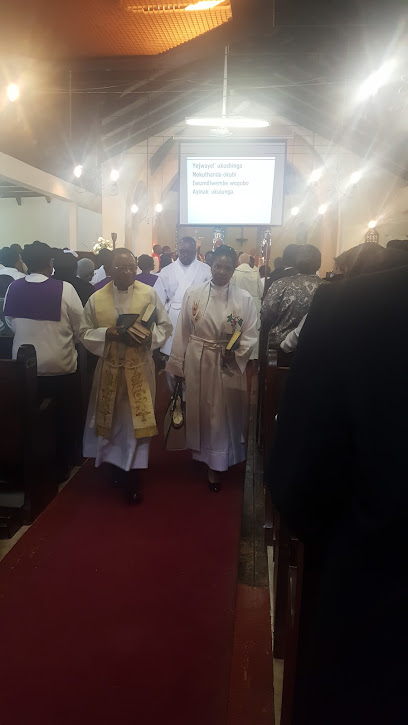
Selection Park
Explore Selection Park in Mbabane, Eswatini - a peaceful oasis of nature, perfect for relaxation and outdoor activities amidst stunning landscapes.
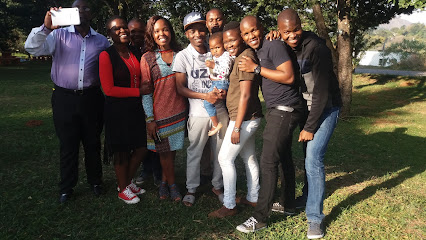
The Avenue
Experience the tranquility of The Avenue, a scenic park in Eswatini perfect for relaxation, picnics, and immersing in nature's beauty.
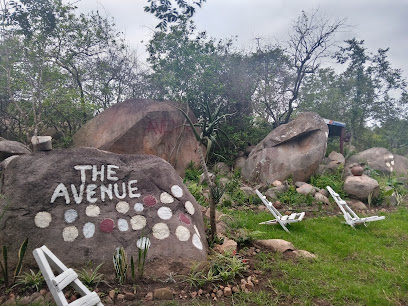
Sunrise Park
Explore the natural beauty of Sunrise Park in Mbabane, Eswatini, a perfect destination for relaxation and family fun amidst stunning landscapes.
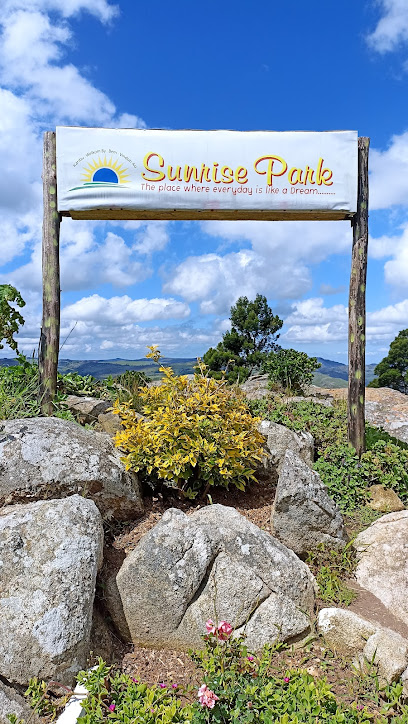
Off-Track eSwatini camping and adventure
Experience the wild side of eSwatini with thrilling camping and adventure activities in the heart of Mbabane's lush landscapes.
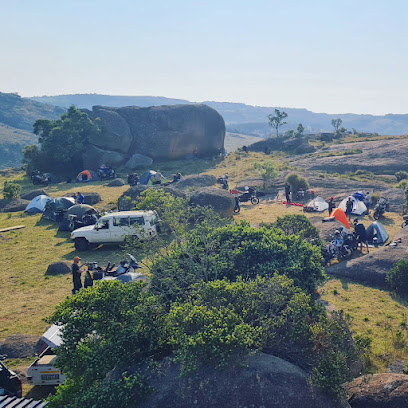
Westridge Park Recreational Park
Explore the serene beauty of Westridge Park, a lush recreational haven in Mbabane, Eswatini, perfect for relaxation and outdoor adventures.
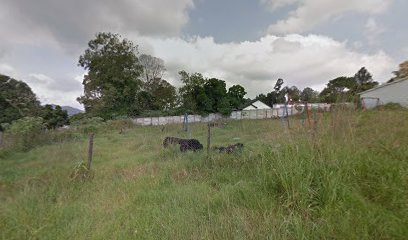
Essential places to dine
Solanis
Experience the rich flavors of Eswatini at Solanis, where every meal is crafted with care and passion for grilling.
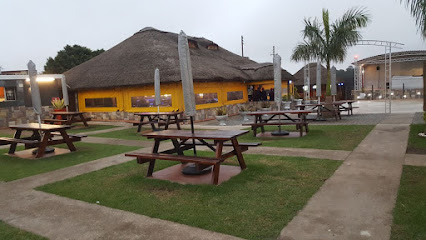
Ramblas Restaurant Mbabane
Experience the rich flavors of Eswatini at Ramblas Restaurant Mbabane - where local cuisine meets warm hospitality.
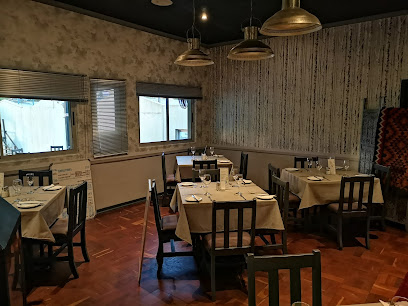
Nando's Mbabane Drive Thru
Discover mouthwatering peri-peri chicken at Nando's Mbabane Drive Thru - where fast food meets flavor in Eswatini!
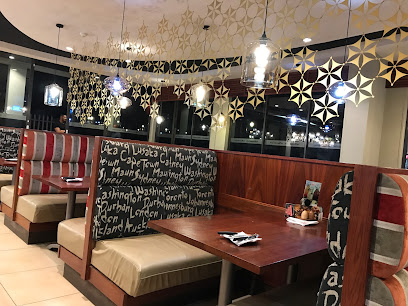
Sibebe Rock Spur
Discover delightful steaks at Sibebe Rock Spur in Mbabane - where flavor meets hospitality in Eswatini's vibrant dining scene.
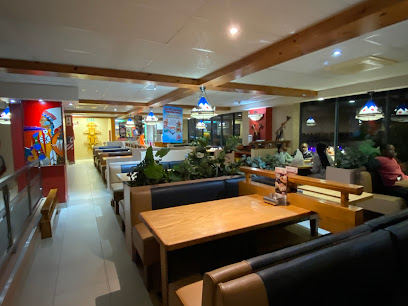
Ocean Basket Swazi Plaza
Discover Ocean Basket Swazi Plaza in Mbabane for fresh seafood delights and a vibrant dining experience that showcases Eswatini's culinary treasures.
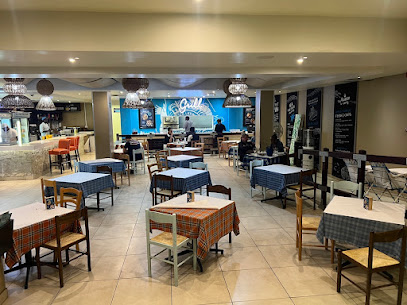
eDish Bistro
Discover the culinary delights of eDish Bistro in Mbabane - where local flavors meet international cuisine in a cozy setting.
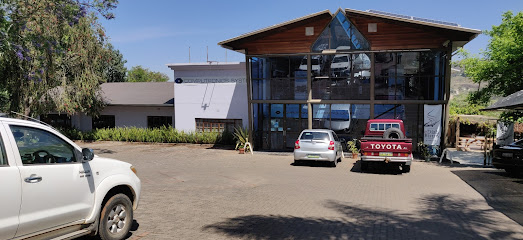
268 JAMS
Experience the flavors of Eswatini at 268 JAMS, where culinary creativity meets local tradition in the heart of Mbabane.
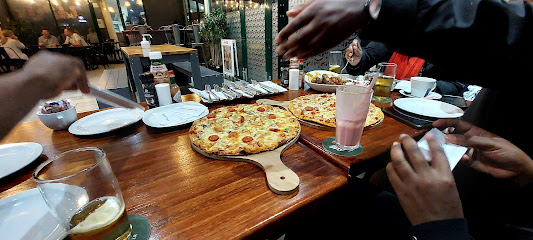
Yoon’s Kitchen
Experience authentic Korean flavors at Yoon’s Kitchen in Mbabane - where every dish tells a story.
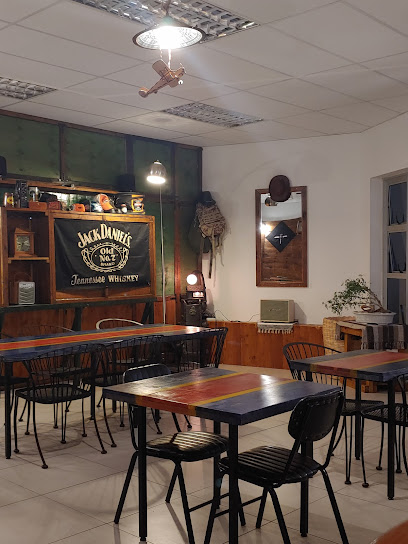
Molly's House of Grills
Discover the flavors of Eswatini at Molly's House of Grills—where every meal is a celebration of taste and culture.
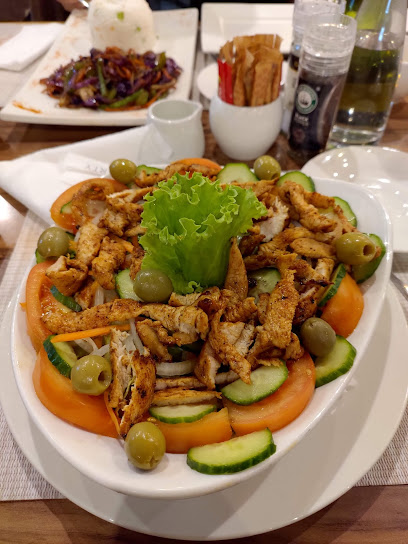
Cuba Nora Café
Discover the charm of Cuba Nora Café in Mbabane – your perfect stop for exquisite coffee and delightful local cuisine.
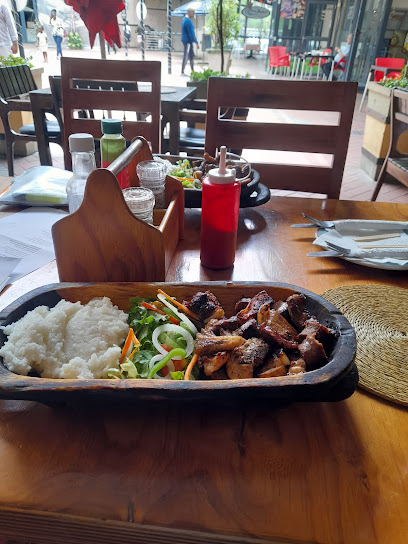
Pink Lotus
Experience exquisite dining at Pink Lotus in Mbabane - where local flavors meet global cuisine in an inviting atmosphere.
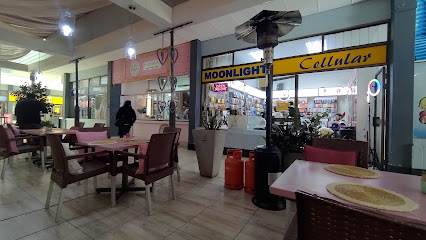
Galitos Pizza Inn Mbabane
Experience delicious pizzas with local flavors at Galitos Pizza Inn Mbabane – a delightful dining experience in Eswatini's capital.
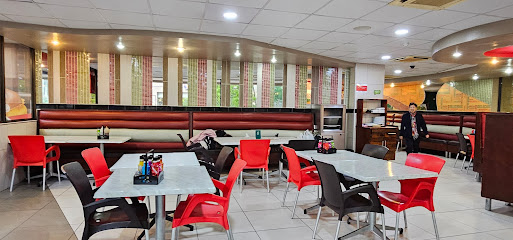
Funtown Bottle Store And Shisa Nyama
Discover authentic South African barbecue at Funtown Bottle Store and Shisa Nyama in Mbabane – where flavor meets culture.
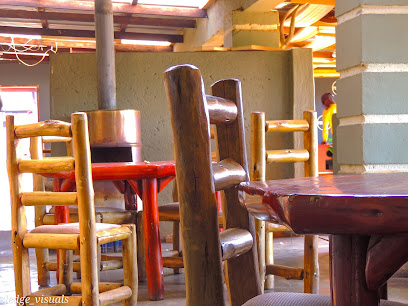
Equinox Restaurant & Bar
Experience exquisite dining at Equinox Restaurant & Bar in Mbabane – where local flavors meet international cuisine.
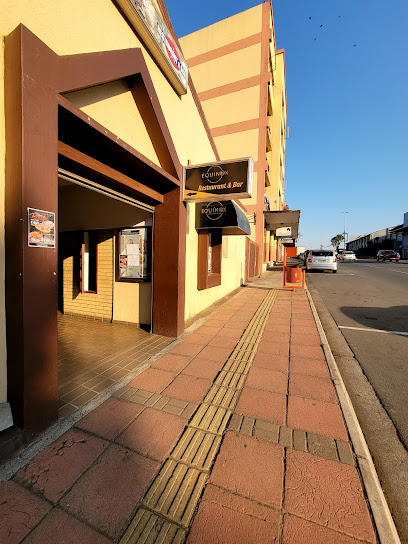
Café 360
Discover the flavors of Eswatini at Café 360 - where delicious food meets breathtaking views in Mbabane.
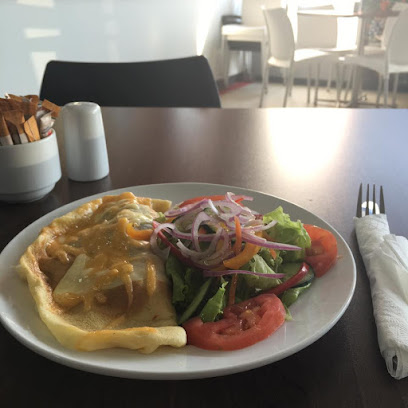
Markets, malls and hidden boutiques
Footgear Mbabane
Discover a world of footwear at Footgear Mbabane, your ultimate destination for boots, sneakers, and more in Eswatini.
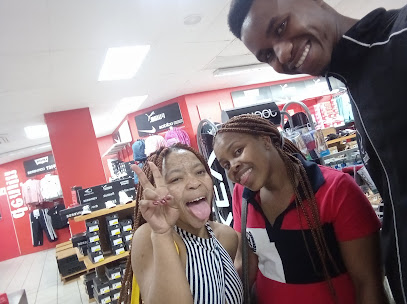
SWAZI PLAZA
Discover the heart of shopping and dining at Swazi Plaza in Mbabane, where local culture meets modern convenience.
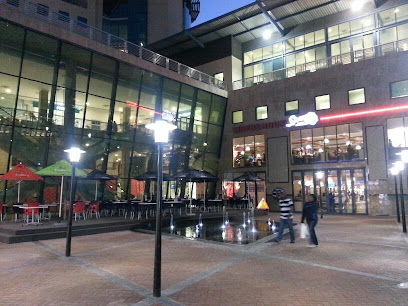
Pick n Pay Mbabane - The Mall
Explore the vibrant shopping experience at Pick n Pay Mbabane, where local and international flavors come together in a convenient supermarket.
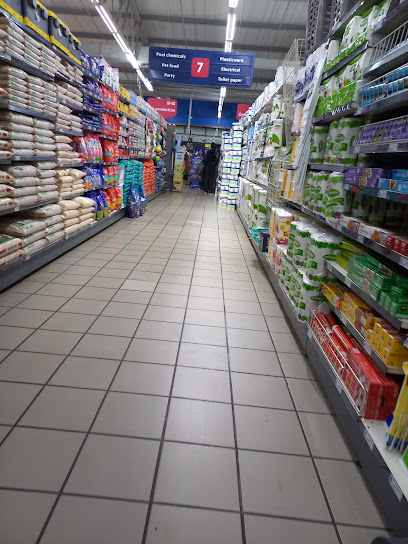
Mantenga Lifestyle & Craft Centre
Experience the vibrant essence of Eswatini at the Mantenga Lifestyle & Craft Centre, where shopping, culture, and adventure await.
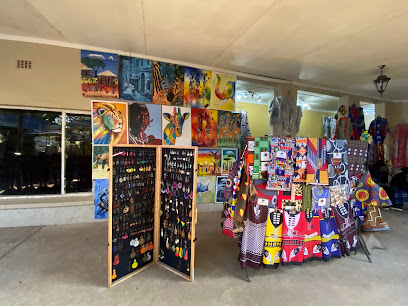
Woodlands Shopping Centre
Discover the perfect blend of shopping, dining, and local culture at Woodlands Shopping Centre in Mbabane, Eswatini.
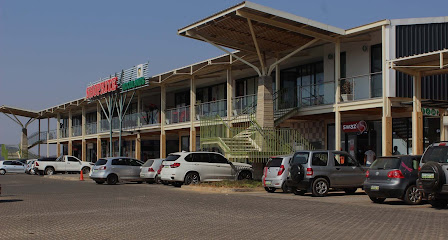
HiFiCorp Mbabane
Explore HiFiCorp Mbabane for a diverse selection of electronics, gadgets, and accessories in the heart of Eswatini's vibrant shopping scene.
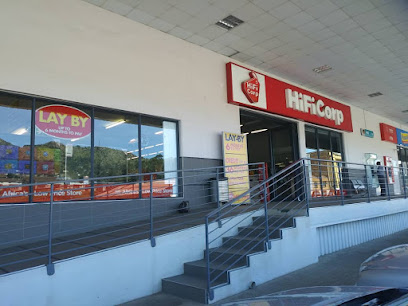
Crown Of A Natural (Obsessories)
Explore Crown Of A Natural in Eswatini for unique gifts, local crafts, and a taste of the region's rich culture.
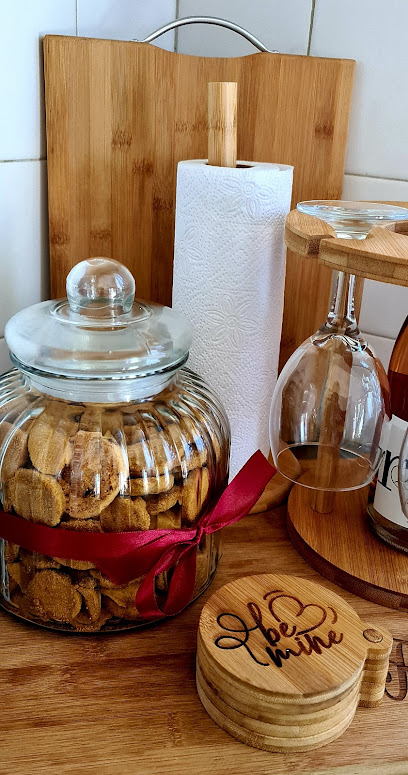
Manzini Lifestyle Center
Discover the Manzini Lifestyle Center, a vibrant shopping mall in Eswatini offering diverse shops, local cuisine, and a taste of culture.
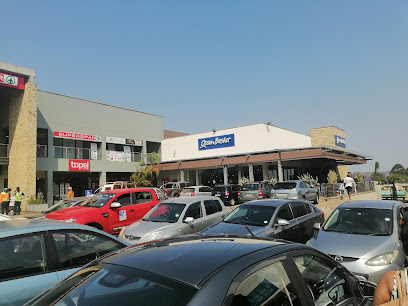
Mbabane Craft Market
Explore the Mbabane Craft Market: A vibrant showcase of Eswatini's rich culture, handmade crafts, and delicious local cuisine.
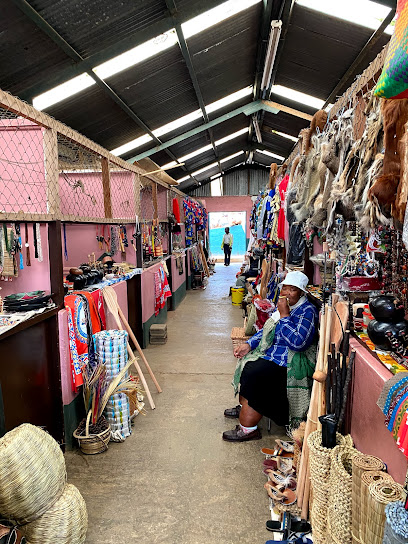
OK FOODS MBABANE
Explore local flavors and international products at OK Foods Mbabane, your go-to supermarket in the heart of Eswatini's capital.
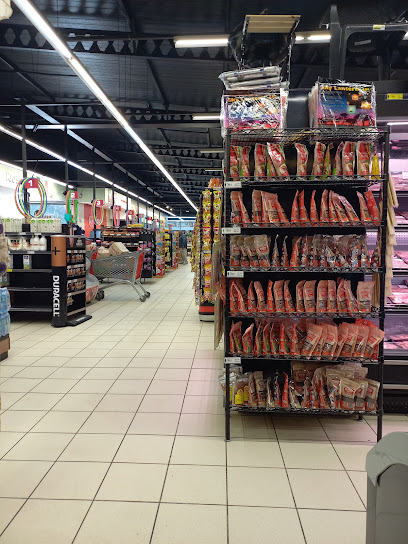
Shoprite Mbabane
Discover a world of convenience and local flavors at Shoprite Mbabane, the ultimate shopping destination in Eswatini.
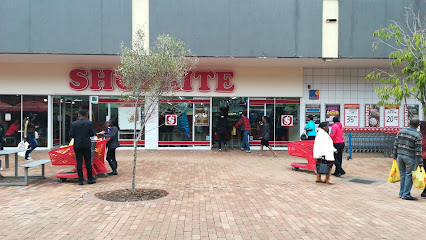
Woolworths Mbabane
Discover quality shopping at Woolworths Mbabane, where fresh groceries and stylish homeware await in a welcoming environment.
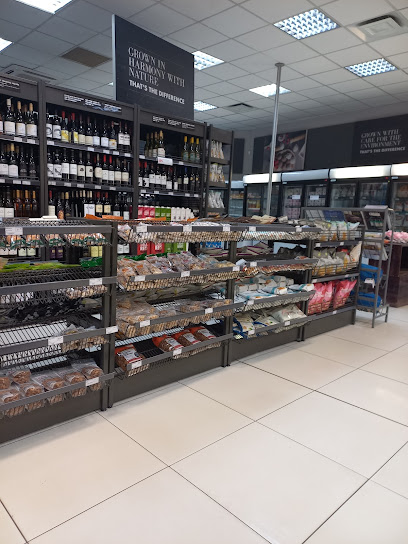
Supply Centre
Discover the Supply Centre in Mbabane - your go-to spot for home improvement, outdoor gear, and local treasures!
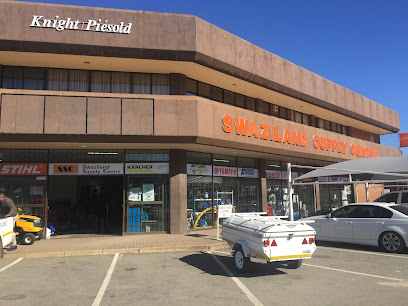
Dunns Mbabane Swazi Plaza
Discover the latest trends at Dunns Mbabane Swazi Plaza, a leading clothing destination in Eswatini for stylish men and women.

SPAR at Hilltop
Explore the flavors of Eswatini at SPAR at Hilltop, your go-to supermarket for local and international products in Mbabane.
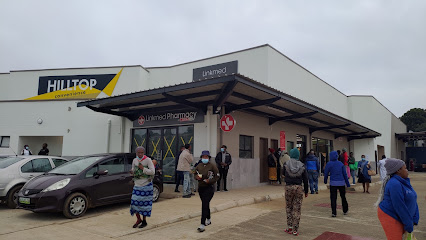
Essential bars & hidden hideouts
Solanis
Discover the flavors of Eswatini at Solanis, the premier grill restaurant in Mbabane, offering a delightful dining experience for every palate.
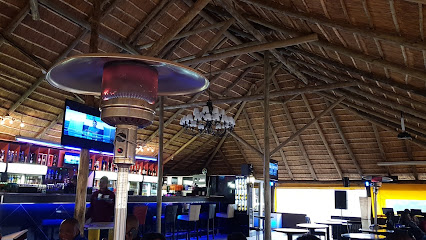
Ramblas Restaurant Mbabane
Experience the vibrant culinary scene at Ramblas Restaurant Mbabane, where local flavors meet international cuisine in a welcoming atmosphere.
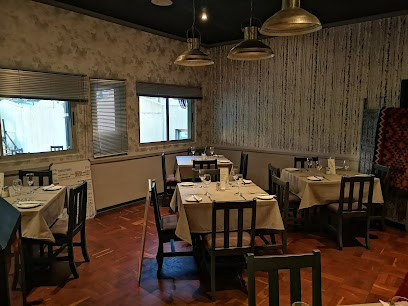
The Albert Millin
Experience the vibrant atmosphere at The Albert Millin, a must-visit pub in Mbabane, offering local brews and a warm, welcoming vibe.
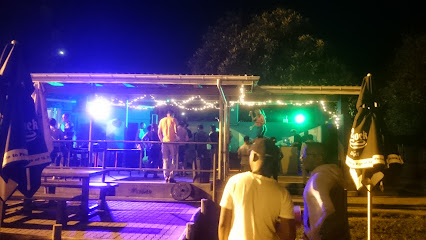
Equinox Restaurant & Bar
Experience the best of local and international cuisine at Equinox Restaurant & Bar, a culinary delight in the heart of Mbabane, Eswatini.
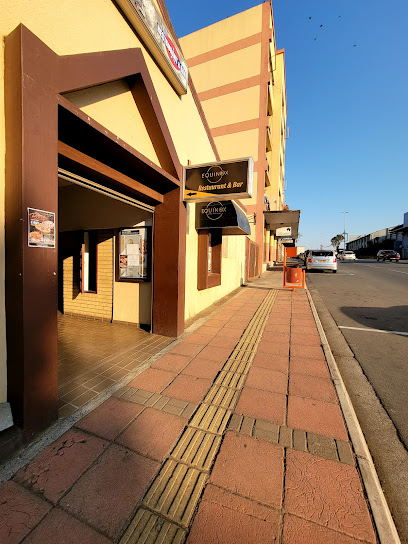
RON-DEH-VOO
Experience the vibrant nightlife of Mbabane at RON-DEH-VOO, the local pub where culture and camaraderie come together for an unforgettable evening.
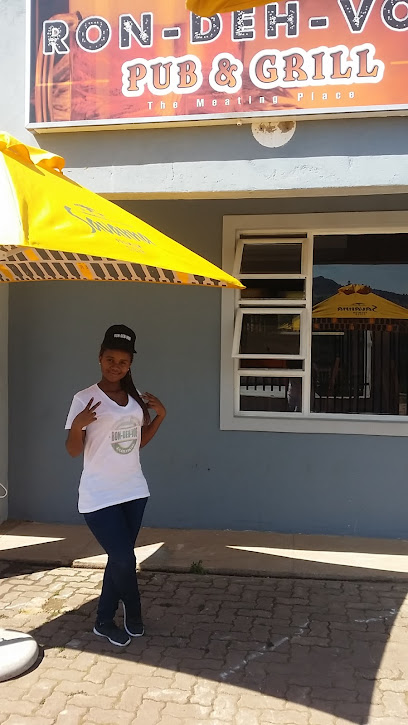
Cozy Corner Bar
Experience the lively atmosphere and local flavors at Cozy Corner Bar in Mbabane, Eswatini - the perfect retreat for tourists and locals alike.
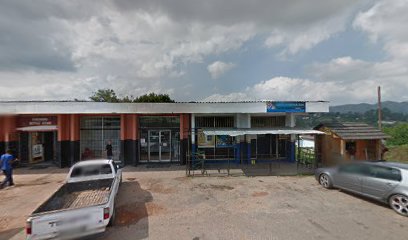
Sundeck Rooftop Restaurant & Bar
Discover culinary delights and breathtaking views at Sundeck Rooftop Restaurant & Bar, a must-visit gem in Mbabane, Eswatini.
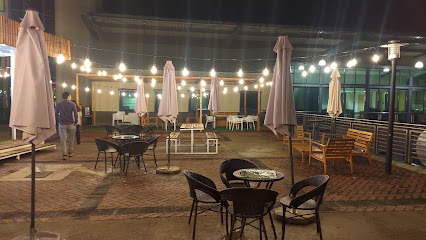
Venue AVVII - Finesse
Experience the vibrant nightlife of Mbabane at Venue AVVII - Finesse, where expertly crafted drinks meet a lively atmosphere.
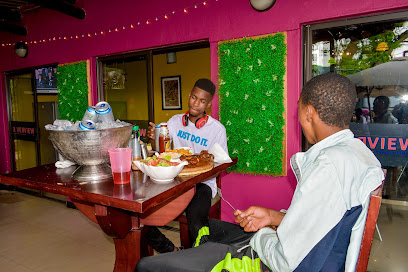
Mega Lounge
Discover the flavors of Eswatini at Mega Lounge, Mbabane's premier restaurant offering a blend of local and international cuisines in a vibrant setting.
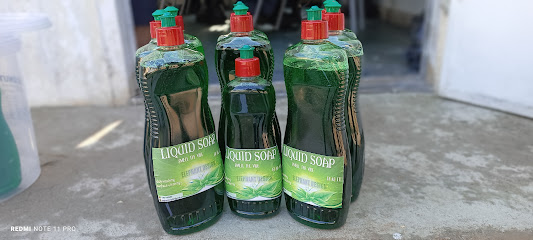
Portuguese Club
Discover the vibrant culture and welcoming atmosphere at the Portuguese Club in Mbabane, Eswatini, a perfect spot for drinks and entertainment.
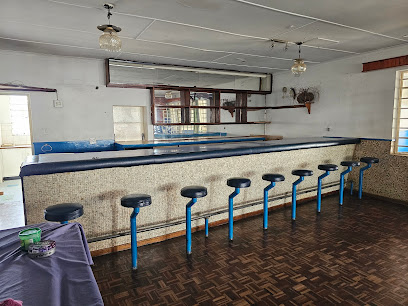
Mahwalala Bottle Store
Discover the vibrant nightlife at Mahwalala Bottle Store in Mbabane, where locals and tourists unite over refreshing drinks and good vibes.
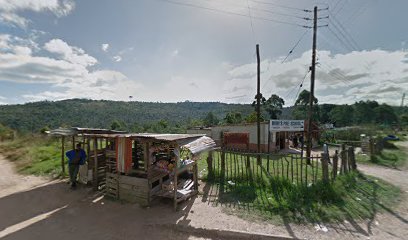
23:28 Lounge
Discover the vibrant nightlife at 23:28 Lounge in Mbabane, where exquisite drinks and lively ambiance create unforgettable evenings.
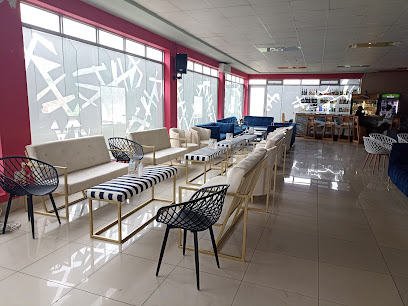
O'Reilly's Bar
Experience the warmth of local hospitality at O'Reilly's Bar in Mbabane, a perfect stop for relaxation and socializing amidst scenic surroundings.
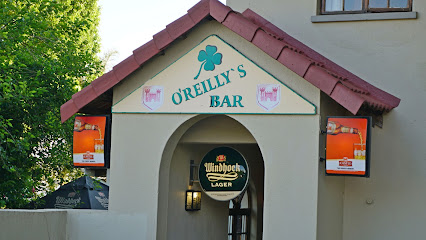
The Pit Stop Bottle Store & Bar
Discover a vibrant retreat at The Pit Stop Bottle Store & Bar in Mbabane, offering an extensive drink selection and a cozy atmosphere.
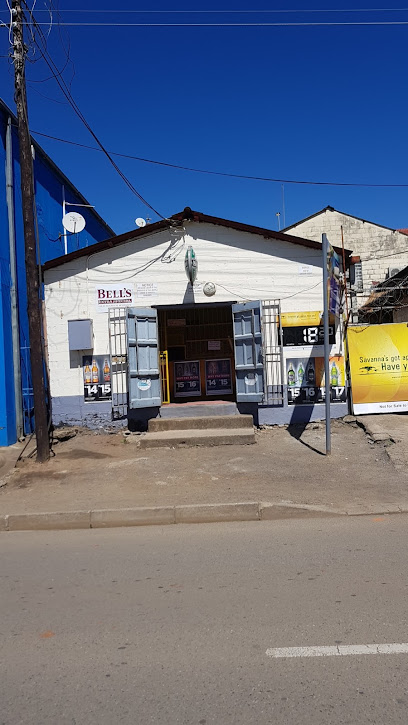
Local Phrases
-
- HelloSawubona
[sa-wu-bo-na] - GoodbyeSala kahle
[sa-la ka-le] - YesYebo
[ye-bo] - NoCha
[cha] - Please/You're welcomeNgiyacela
[ngi-ya-ce-la] - Thank youNgiyabonga
[ngi-ya-bon-ga] - Excuse me/SorryUxolo
[u-xo-lo] - How are you?Kunjani?
[kun-ja-ni] - Fine. And you?Ngiyaphila. Wena?
[ngi-ya-phi-la. we-na] - Do you speak English?Ukhuluma isiNgisi?
[u-khu-lu-ma i-si-ngi-si] - I don't understandAngazi
[an-ga-zi]
- HelloSawubona
-
- I'd like to see the menu, pleaseNgicela ukubona imenyu
[ngi-ce-la u-ku-bo-na i-me-nyu] - I don't eat meatAngishiya inhloko
[an-gi-shi-ya in-hlo-ko] - Cheers!Ophumile!
[o-pu-mi-le] - I would like to pay, pleaseNgicela ukulipha
[ngi-ce-la u-ku-li-pha]
- I'd like to see the menu, pleaseNgicela ukubona imenyu
-
- Help!Usizo!
[u-si-zo] - Go away!Hamba!
[ham-ba] - Call the Police!Vula amaphoyisa!
[vu-la a-ma-pho-yi-sa] - Call a doctor!Vula udokotela!
[vu-la u-do-ko-te-la] - I'm lostNgikhohlwa
[ngi-kho-lu-wa] - I'm illNgilambile
[ngi-lam-bi-le]
- Help!Usizo!
-
- I'd like to buy...Ngicela ukuthenga...
[ngi-ce-la u-ku-the-nga] - I'm just lookingNgikhuluma kuphi
[ngi-khu-lu-ma ku-phi] - How much is it?Kuyafika kakhulu?
[ku-ya-fi-ka ka-khu-lu] - That's too expensiveKuyadlula kakhulu
[ku-ya-dlu-la ka-khu-lu] - Can you lower the price?Ungathatha imali?
[un-ga-tha-tha i-ma-li]
- I'd like to buy...Ngicela ukuthenga...
-
- What time is it?Ngubani inyanga lena?
[ngu-ba-ni i-nya-n-ga le-na] - It's one o'clockKuyahamba
[ku-ya-ham-ba] - Half past (10)Ngo-ndlunkulu
[ngo-n-dlu-nku-lu] - MorningEkuseni
[e-ku-se-ni] - AfternoonEmini
[e-mi-ni] - EveningSisuka
[si-su-ka] - YesterdayIzolo
[i-zo-lo] - TodayNamuhla
[na-mu-hla] - TomorrowKusasa
[ku-sa-sa] - 1Kunye
[ku-nye] - 2Kubili
[ku-bi-li] - 3Kuthathu
[ku-tha-thu] - 4Kune
[ku-ne] - 5Kuhlanu
[ku-hla-nu] - 6Kukhomisana
[ku-kho-mi-sa-na] - 7Kusithandathu
[ku-si-than-da-thu] - 8Kukhwalisini
[ku-khwa-li-si-ni] - 9Kuseminyakeni
[ku-se-mi-nya-ke-ni] - 10Kulishumi
[ku-li-shu-mi]
- What time is it?Ngubani inyanga lena?
-
- Where's a/the...?Lapho kungase...
[la-pho kun-ga-se] - What's the address?Sicela indawo yokwazi?
[si-ce-la in-da-wo yo-kwa-zi] - Can you show me (on the map)?Ungangithola (emephu)?
[un-ga-ngi-tho-la e-me-phu] - When's the next (bus)?Kudinga nini (ibhasi) elandelayo?
[ku-din-ga ni-ni i-bha-si e-lan-de-la-yo] - A ticket (to ....)Ithikithi (kwiswa....)
[i-thi-ki-thi kwi-swa]
- Where's a/the...?Lapho kungase...
History of Mbabane
-
Mbabane, now the capital of Eswatini, was established in 1902. The town was named after Chief Mbabane Kunene, who lived in the area when British settlers arrived.
-
During the early 20th century, Mbabane grew as a colonial administrative center. British settlers established infrastructure, including roads and administrative buildings, which laid the foundation for the town's future development.
-
Eswatini gained independence from British colonial rule on September 6, 1968. Mbabane, as the capital, became the political hub of the newly independent nation, hosting government offices and diplomatic missions.
-
Over the years, Mbabane has developed into a vibrant city, blending modernity with traditional Swazi culture. The city hosts various cultural festivals and markets, showcasing local crafts, music, and dance. Economic development has also seen the rise of commercial centers, making Mbabane a key economic node in Eswatini.
-
Mbabane is home to several educational institutions, including the University of Eswatini and various international schools. These institutions have played a significant role in the educational advancement of the nation, attracting students from across the region.
-
Mbabane has also become a center for health and social services in Eswatini. The Mbabane Government Hospital and other health facilities provide essential services to the population, addressing public health challenges and improving overall healthcare standards.
-
As the administrative capital, Mbabane houses key government buildings, including the Prime Minister's residence and various ministries. The city's political significance is underscored by its role in national decision-making and policy formulation.
Mbabane Essentials
-
Mbabane, the capital city of Eswatini, is accessible via King Mswati III International Airport located approximately 90 kilometers away in Manzini. From the airport, you can take a taxi or a shuttle service to reach Mbabane. Alternatively, if you are traveling from South Africa, you can drive or take a bus from Johannesburg or Durban, which are both about a 4-5 hour drive away.
-
Mbabane is a relatively small city, and many of its attractions are within walking distance. For longer distances, you can use the local minibus taxis, which are the most common form of public transport. Private taxis are also available, and car rental services can be found in the city if you prefer to drive yourself. Note that traffic drives on the left-hand side of the road.
-
The official currency of Eswatini is the Swazi Lilangeni (SZL), which is pegged to the South African Rand (ZAR). Both currencies are accepted interchangeably. Credit cards are widely accepted in hotels, restaurants, and larger shops, but it is advisable to carry some cash, particularly for use in smaller establishments and markets. ATMs are available throughout Mbabane.
-
Mbabane is generally a safe city for tourists, but it is always wise to take standard precautions. Avoid walking alone at night, particularly in poorly lit areas and unfamiliar neighborhoods. Petty crimes like pickpocketing can occur in crowded places. Areas with higher crime rates include the Manzini region, so exercise caution if traveling there.
-
In case of an emergency, dial 999 for police assistance, 977 for an ambulance, and 933 for fire services. Mbabane has several medical facilities, including the Mbabane Government Hospital and private clinics. It is recommended to have travel insurance that covers medical emergencies. Pharmacies are also available for over-the-counter medications.
-
Fashion: Do dress modestly, especially in rural areas and when visiting religious sites. Avoid overly revealing clothing. Religion: Do respect local customs and traditions. Always seek permission before taking photographs in religious sites. Public Transport: Do be polite and respectful to drivers and fellow passengers. Don't eat or drink on public transport. Greetings: Do greet people with a handshake. It's customary to greet elders first as a sign of respect. Eating & Drinking: Do try local foods and accept food offerings graciously. Don't refuse hospitality, as it is considered impolite.
-
To experience Mbabane like a local, visit the Mbabane Market where you can buy traditional crafts and fresh produce. Engage with locals, who are generally friendly and willing to share stories about their culture. Don't miss visiting the Sibebe Rock, one of the largest exposed granite plutons in the world. For a unique experience, attend a traditional Swazi cultural event, such as the Umhlanga (Reed Dance) or Incwala (King's Ceremony).
Trending Landmark in Mbabane
-
Mlilwane Game Sanctuary
-
Mantenga Lodge
-
Summerfield Botanical Garden & Exclusive Resort
-
Happy Valley Hotel & Casino
-
Mountain View International Hotel by BON Hotels
-
Mantenga Cultural Village
-
Foresters Arms
-
Solanis
-
Ramblas Restaurant Mbabane
-
Ngwenya Glass - Eswatini
-
TransMagnific
-
Hlane Royal National Park
-
Mlawula Nature Reserve
-
Sibebe Resort
-
Malolotja National Park
Nearby Cities to Mbabane
-
Things To Do in Malkerns
-
Things To Do in Manzini
-
Things To Do in Mhlume
-
Things To Do in Big Bend
-
Things To Do in Nelspruit
-
Things To Do in Matola
-
Things To Do in Maputo
-
Things To Do in Pretoria
-
Things To Do in Johannesburg
-
Things To Do in Polokwane
-
Things To Do in Mokhotlong
-
Things To Do in Durban
-
Things To Do in Butha-Buthe
-
Things To Do in Leribe
-
Things To Do in Thaba-Tseka









